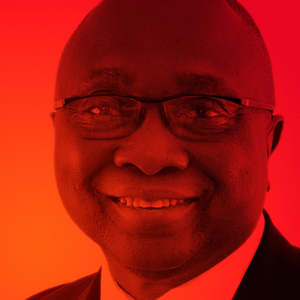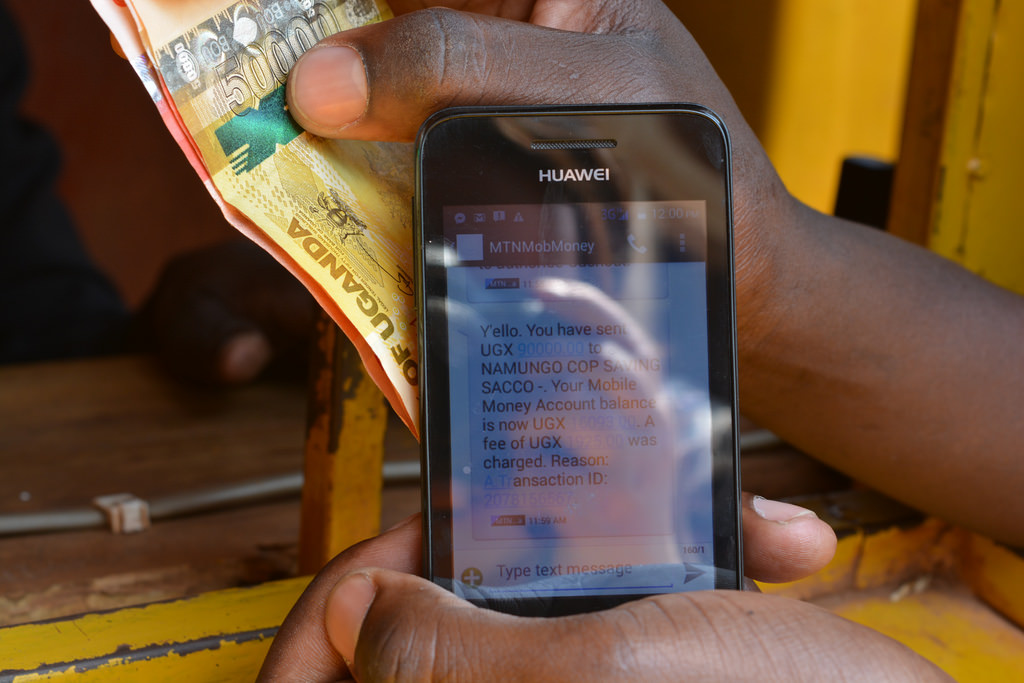We reached out to thoughtleaders in African tech and startup space to share the lessons they considered most pertinent from 2013 and what they see coming for the ecosystem in 2014. In response, we got fascinating perspectives that span across venture capital, mobile, tech journalism, ICT policy and e-commerce. Here’s what some of Africa’s top tech thinkers had to say about 2013, and what to expect from 2014.
Tomi Davies
TechnoVision Communications, Lagos Angel Network
2013: That we can develop our own Tech Scene with a focus of taking on the world with innovations in the use of mobile!
2014: [We will see] startups that use the mobile-cloud architecture (combined with the growing logistics capabilities coming on stream) to disrupt traditional markets and even industries.
Clinton Mutambo
Esaja.com, Kairos Society
2013: The biggest lesson (for me) was the fact that developing Africa’s tech ecosystems is a process and not an event. There are still a lot of gaps where skills and funding is concerned but we’re on the right track as a collective. If you look at players that are getting major attention, it becomes apparent that they have either depended on outside skills or funding. As more locals are inspired by emerging successes; we should begin to see a marginal but notable increase in local skills and home grown angels/VCs.
2014: An increase in early stage investments. The Africa story is becoming an easier sell, this is good for the tech scene. They’ll be a lot more angels,cowboys, fools and sharks seeking a slice of the cake. The hype around tech hubs should begin to lose steam as sustainability becomes paramount.
Gbenga Sesan
Executive Director, Paradigm Initiative Nigeria
2013: Money is not the problem. Idea isn’t the rainmaker. Execution is the name of the game.
2014:
(a) Mergers and/or acquisitions leading to fewer but more visible players that understand execution;
(b) Policy support for the startup ecosystem through tech villages (hubs, parks, etc); funding (e.g. Nigeria/Kenya’s government-backed tech investment drives); and policy playing catch-up with innovation;
(c) Broadband explosion in Nigeria. This will probably be more visible in 2015 with slashed prices and increased speed, but smart ecosystem players will build/launch services that were once left for Diaspora due to bandwidth needs.
Gareth Van Zyl
Editor, ITWebAfrica
2013: African governments and regulators need to get out of the way and allow technology businesses to do their business. Much reportage by ITWeb Africa this year has had a recurring narrative from South Africa to Kenya: that of government officials and regulators stalling the likes of digital migration and poorly implementing SIM card registration drives without really educating and informing the public properly. Governments need to facilitate rather than delay the roll-out of desperately needed technology implementations.
A spotlight has also been shone on Africa’s creeping over-reliance on Chinese companies for telecoms network infrastructure. The likes of Huawei is doing a good job in terms of helping many countries in Africa to migrate to next generation LTE and even in terms of digital migration efforts. But corruption scandals and allegations are dogging the process. Therefore, more transparency with regard to rolling out contracts that facilitate LTE upgrades or digital migration in Africa is needed.
2014: The African Union Convention on Cyber Security (AUCC) looks likely to be adopted in January 2014. This is key to watch as it is set to implement cross-border African efforts with regard to curbing cyber crime. However, concerns exist from experts that the AUCC could curb internet freedoms and give African judges the power to authorise the monitoring of citizens’ electronic communications without their permission.
Another key trend to watch is the growing adoption of smartphones in Africa, especially sub-$100 devices. There will be large shipments of these devices by the likes of Samsung and Huawei, while operators scramble to fight falling average revenues per user (ARPUs) as a result of falling voice usage.
Sim Shagaya
CEO, Konga.com
2013: The consumer internet sector showed itself as real and alive. It has perhaps also suffered from too much hype and, compared to sectors at a similar stage of evolution in other regions, too much expectation. By far the greatest lesson that many have told me they have learned is that, even when not related to inventory and logistics, consumer internet business are much much more than about a web application. Many learned that these are real operations with real challenges. Finally, we all learned that building here is all about the customer, the customer, the customer.
2014: We can expect to see the rise of many business models in embryonic form in 2014. Some will be similar to what has been done globally. Others will not. A few of these will go on to be the champions on African tech in 2015 and beyond though they may seem innocuous and inconsequential in 2014. You will likely see more interest on the part of high net worth individuals and institutions in funding various technology related endeavours at less draconian terms that in the past.
Likewise, you will see individuals with strong experience venturing out of comfortable careers (local and international) and diving into building technology businesses. Entrepreneurs who are much more concentrated on operations and growing a real business (rather than the hype of the game) will likely emerge in an accelerated fashion.
The Yaba area of Lagos, with its affordable real estate and deployed fibre infrastructure, will assert itself as the epicentre of technology and innovation in Nigeria and, in future years, Africa.
Mobile will shake the very foundations of old industries and incumbent consumer facing internet (including ecommerce) business models worldwide. It is possible, though improbable, that these new models will emerge out of Africa.























